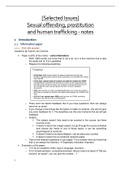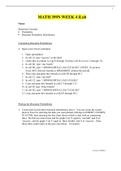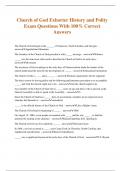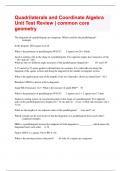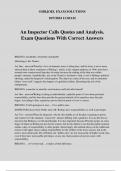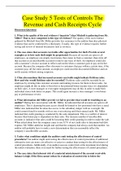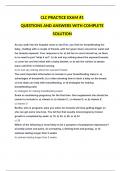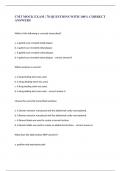Samenvatting
Samenvatting lessen (+teksten) Seksuele misdrijven, prostitutie en mensenhandel
In dit document wordt een samenvatting gegeven van de lessen en dia's, aangevuld met delen uit de teksten van de reader (die volgens mij) te kennen waren als leerstof voor het examens. Die delen zijn altijd apart toegevoegd onder de bijhorende titels in de les. Door deze samenvatting te leren en d...
[Meer zien]
